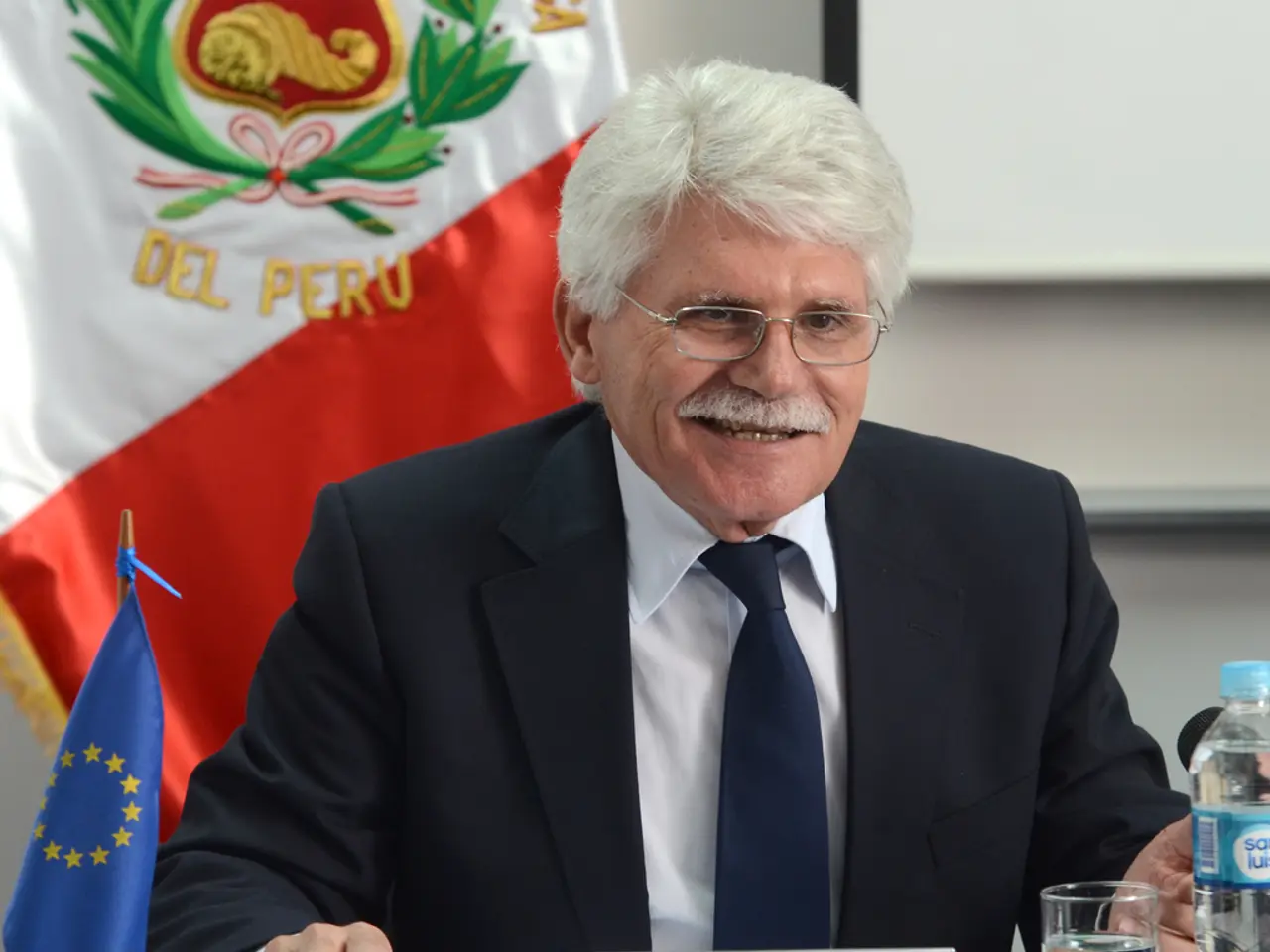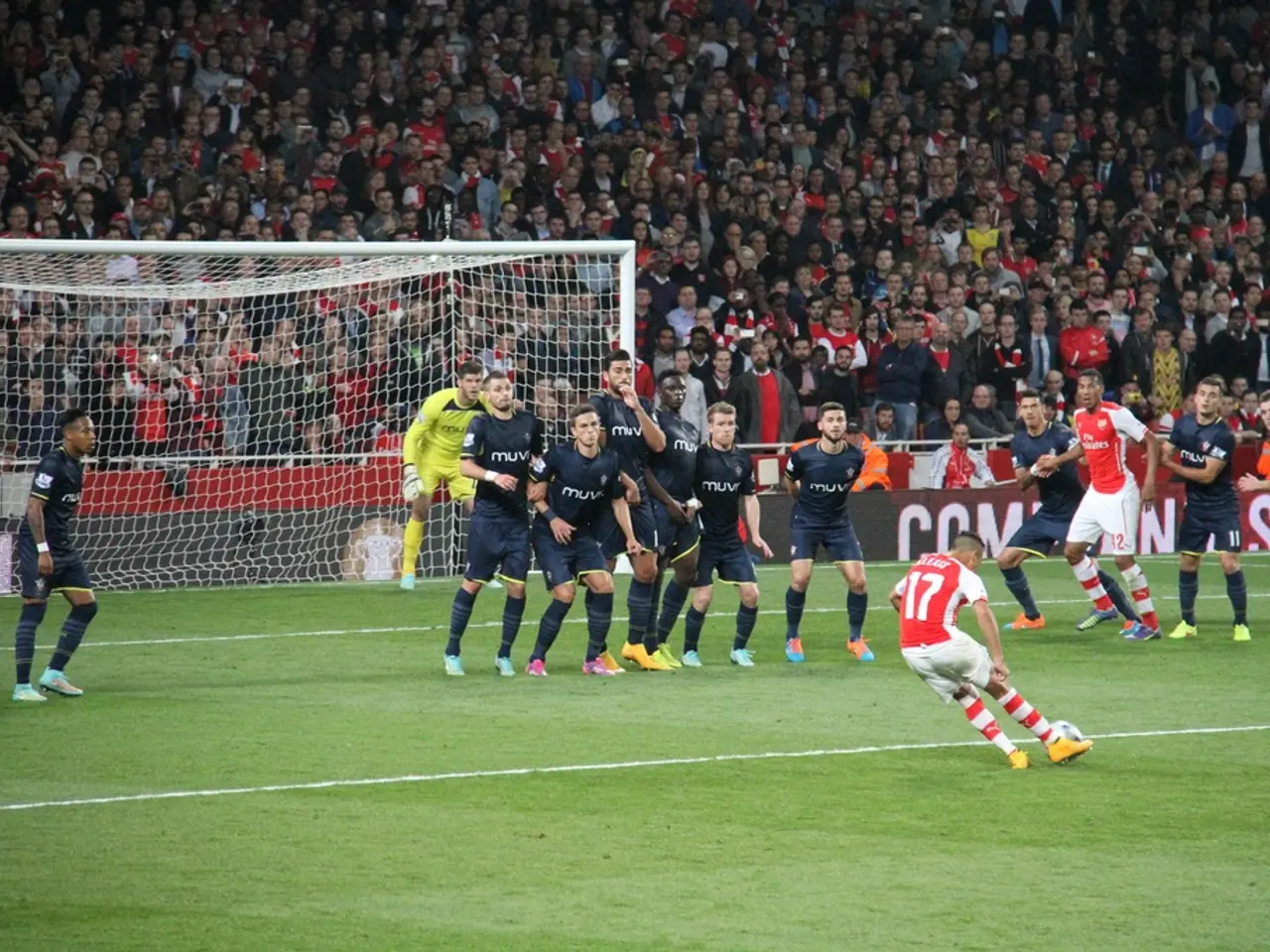Iran Halts Collaboration with the International Atomic Energy Agency - International Atomic Energy Agency cooperation temporarily halted by Iran
In a move that has significant implications for global nuclear monitoring, regional security, and diplomatic relations, Iran has suspended cooperation with the International Atomic Energy Agency (IAEA) following a series of recent military strikes on its nuclear facilities.
**Context and Order**
The suspension, announced by Iran's President Masoud Pezeshkian on July 2, 2025, came after U.S. and Israeli airstrikes targeted Iran's most important nuclear facilities, including uranium enrichment sites like Fordo, which had been enriching uranium to near weapons-grade levels.
**Impact on Nuclear Inspections**
The suspension effectively limits IAEA inspectors' access to Iran's nuclear facilities, severely constraining the agency's ability to independently verify and monitor Iran's nuclear activities. This could lead to a reduction in transparency regarding Iran's uranium enrichment levels and nuclear program developments.
**Political and Legal Framework**
The suspension follows a parliamentary bill approved by Iran’s Majlis (parliament) on June 25, 2025, which stipulates that IAEA inspectors will only be allowed entry if the security of Iran’s nuclear facilities and peaceful nuclear activities is guaranteed by the Supreme National Security Council. Iran is also considering banning the IAEA chief, Rafael Grossi, from entering the country, accusing him of facilitating Israeli-American actions against Iran.
**Potential Consequences**
1. **Diplomatic Tensions**: The move increases tensions between Iran, the United States, Israel, and other Western countries concerned about nuclear proliferation. It may hinder prospects for reviving diplomatic negotiations aimed at limiting Iran’s nuclear program. 2. **Regional Security Risks**: Reduced oversight raises fears of Iran advancing toward nuclear weapons capability, potentially destabilizing the Middle East region and encouraging an arms race. 3. **IAEA’s Position**: The IAEA’s ability to fulfill its mandate to ensure peaceful use of nuclear energy is undermined, potentially eroding international nonproliferation norms. 4. **Negotiation Stance**: Despite the suspension, Iranian Foreign Minister Abbas Araghchi indicated that Tehran does not fully close the door on negotiations, though talks with the U.S. are unlikely to restart immediately.
**Additional Developments**
- The Guardian Council, a key political institution in Iran, approved the suspension last Thursday. - Iran has denied any malicious intent in its uranium enrichment activities. - Israeli Foreign Minister Gideon Saar has called on the European signatory states of the 2015 nuclear deal to trigger the snapback mechanism, which could reintroduce many sanctions against Iran and reinstate all UN sanctions against Tehran. - The suspension aims to ensure Iran's "full support" of its rights within the Nuclear Non-Proliferation Treaty, particularly uranium enrichment. - The stated goal of Israel's actions was to prevent Iran from building a nuclear bomb. - Iran retaliated with massive attacks on Israel after the attack.
This calculated response by Iran restricts international nuclear monitoring, escalates geopolitical tensions, and complicates efforts towards nuclear diplomacy and nonproliferation in the region.
- Amidst the escalating war-and-conflicts in the Middle East, EC countries are closely monitoring the politics surrounding Iran's suspension of cooperation with the International Atomic Energy Agency (IAEA), as this policy-and-legislation move could have significant implications for the region's employment policy, particularly in the field of nuclear energy.
- As diplomatic tensions heighten due to Iran's actions, general news outlets continue to focus on the potential employment policy shifts within the IAEA, as reduced access to Iran's nuclear facilities limits the agency's ability to independently verify and monitor nuclear activities, affecting transparency and potentially leading to job displacements within the organization.






